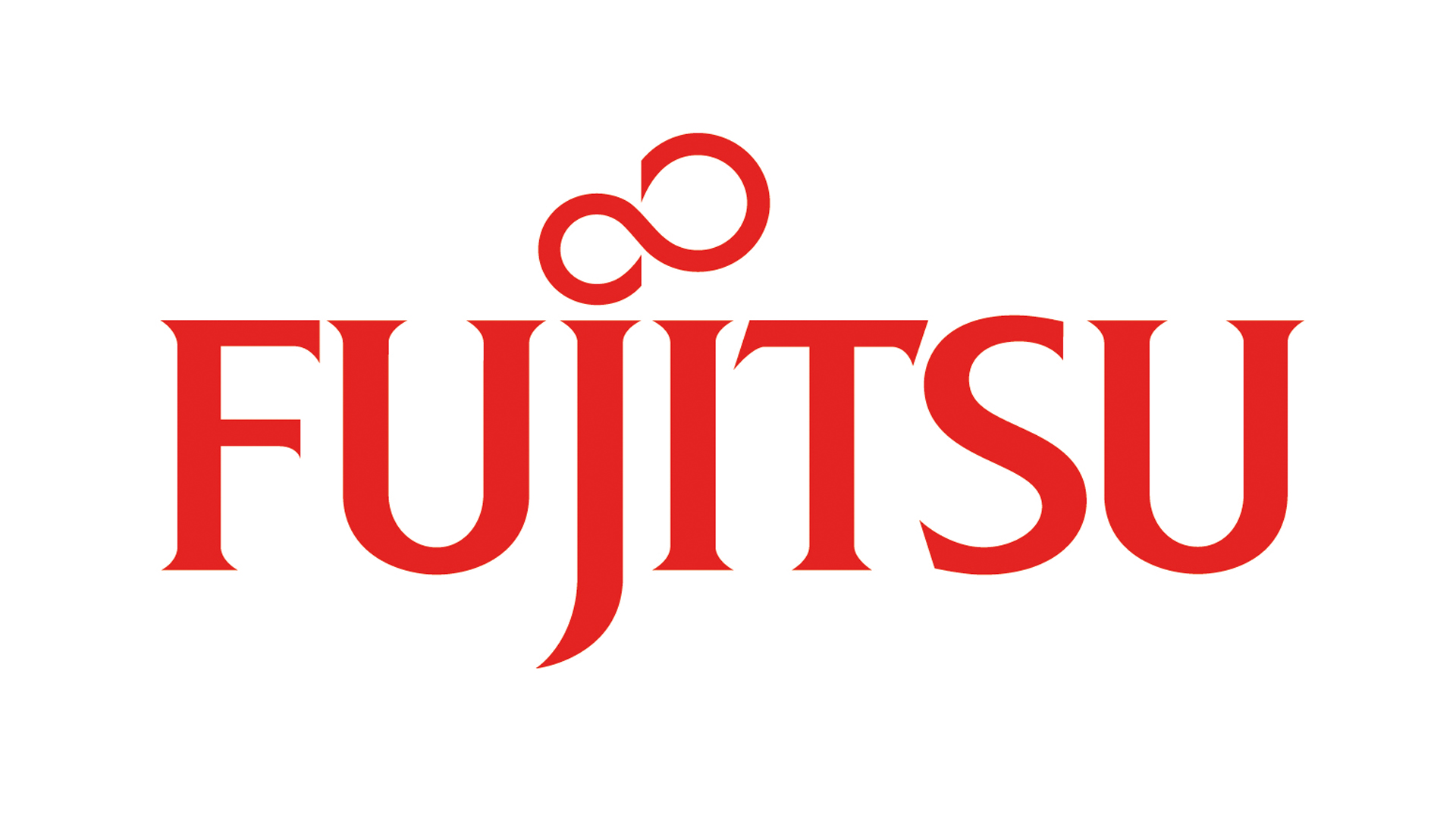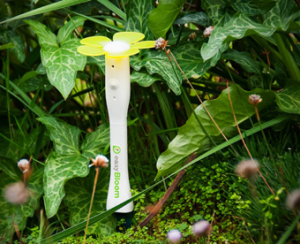What do you do with CDs and DVDs? Listen music, write Data, watch movies & lots of entertaining attributes to enjoy. Have you ever thought of any other alternative idea? Japanese electronics giant Fujitsu came up with an idea of recycling the CDs & DVDs into laptops. Aren’t you surprised!!! Well it’s not necessarily to be the disks that you needed. You might have old/damaged disks at your home which you are not using since long. Those wasted & unused CDs will be used in the recycling process for the generation of the bodies of the new Fujitsu notebooks.
Fujitsu already lined up the Lifebook P772/E enterprise laptop with recycled disks building part of the front panel. According to the notebook maker, they will use more recycled plastic in the upcoming notebook production. To collect, disassemble, sort, and recycle personal computers and other products, Fujitsu has created five recycling centers across Japan. The Japanese pc maker is expecting the usage of the new plastic will be reduced by 10 tons per year and also Carbon-Di-Oxide emissions will be decreased by around 15%.
According to the press release:
To avoid the risk of contaminants being mixed into the recycled plastic, the new recycling system performs quality control based on a chemical substances risk management database developed by Fujitsu Laboratories, thereby ensuring that notebook PCs and other ICT devices comply with legal requirements for chemical components. Compared to conventional notebook PC manufacturing processes, this system is expected to reduce the amount of newly produced plastic used by 10 tons per year while cutting CO2 emissions by approximately 15%.
At the company’s five recycling centers across Japan, Fujitsu collects, disassembles, sorts, and recycles personal computers and other products. However, reusing the recovered plastic in new computer units had posed a number of challenges. Firstly, when different types of plastic are involved, a uniform mixture is impossible to achieve even by melting the plastic with heat. As a result, it is necessary to collect only a single type of plastic to ensure the desired material properties. Even so, in a given plastic, there may be differences in ingredients, visual defects, or impurities that make it difficult to achieve the same molding characteristics, colors, strength and other properties as conventional plastics. Furthermore, compliance with the RoHS directive(1) and REACH regulations(2) regarding the safety of chemicals in ICT products has made it challenging to control the quality of recycled plastics, and until now it has been impossible to reuse recovered plastic in a computer bodies.
Source: Engadget
[ttjad keyword=”laptop-toshiba”]





Those wasted & unused CDs will be used in the recycling process for
the generation of the bodies of the new Fujitsu notebooks.
http://www.localsfagents.com/ok/oklahoma-city/auto-insurance